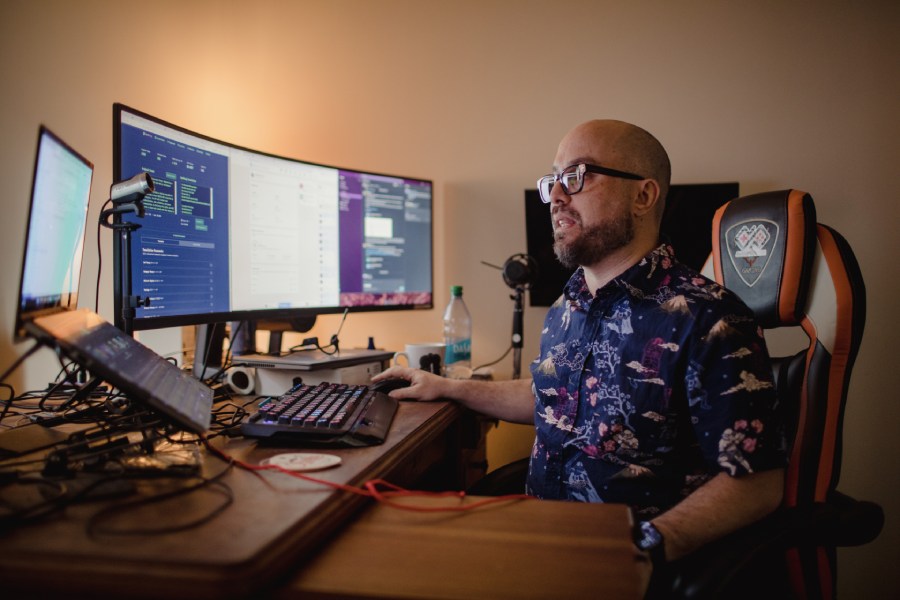Leading French music streaming service Deezer has said that around 10,000 fully AI-generated tracks are being delivered to the platform daily, making up roughly 10 per cent of the music being uploaded.
Though unavailable in India, Deezer has become the first music streaming platform to announce the launch of an AI detection tool.
“Going forward, we aim to develop a tagging system for fully AI-generated content, and exclude it from algorithmic and editorial recommendations,” said Alexis Lanternier, chief executive officer (CEO), Deezer.
The popularity of AI models deployed by Udio and Suno has made it easier to create songs automatically. Deezer’s system can spot AI-generated music from those services and there is the option to add more if there are enough relevant data examples available. It is also working on a system “with increased generalisability, to detect AI-generated content without a specific dataset to train on”.
AI-powered music can be made far more easily than human-created works, which is of concern to critics.
Three major music companies — Universal Music Group, Sony Music Entertainment and Warner Music Group — collectively sued top AI music models Suno and Udio for copyright infringement last summer.

Bjorn Ulvaeus. Sourced by The Telegraph
In their complaint, they said Suno and Udio could generate music that would “saturate the market with machine-generated content that will directly compete with, cheapen, and ultimately drown out the genuine sound recordings on which the (services were) built”.
Popular artistes are also suffering the onslaught of AI-generated albums (or junk albums) that get credited to their name. Canadian musician Ian Janes, a Music Nova Scotia Award winner, recently said an AI-generated album was falsely added to his Spotify profile, under his name. The album — Street Alone — is packed with “AI-generated music that you would listen to when you’re on hold”, Janes said.
After he complained, the album was removed from his profile, but remains on the platform under a separate profile, also using the name Ian Janes, which is technically not a copyright violation unless the music uses Janes’ likeness or his actual compositions.
Street Alone has 20 tracks, with a large number of them being named after popular hits, like Summertime Sadness (Lana Del Rey), Ho Hey (The Lumineers) and Without You (Mariah Carey) but these are not covers.
California guitar-and-drum duo Standards experienced something similar a few months ago.
Those involved in the music industry will lose almost a quarter of their income to AI in the next four years, according to a study released a few weeks ago by the International Confederation of Societies of Authors and Composers (CISAC), representing more than five million creators worldwide.
Its president, former ABBA member Bjorn Ulvaeus, made a special mention of Australia and New Zealand. “By setting a gold standard in AI policy, one that protects creators’ rights while fostering responsible and innovative technological development, Australia and New Zealand can ensure that AI serves as a tool to enhance human creativity rather than replace it,” Ulvaeus said.
The report forecasts that by 2028, exponential growth in generative AI music would account for about 20 per cent of traditional music streaming platforms’ revenues, and about 60 per cent of music libraries’ revenues.











